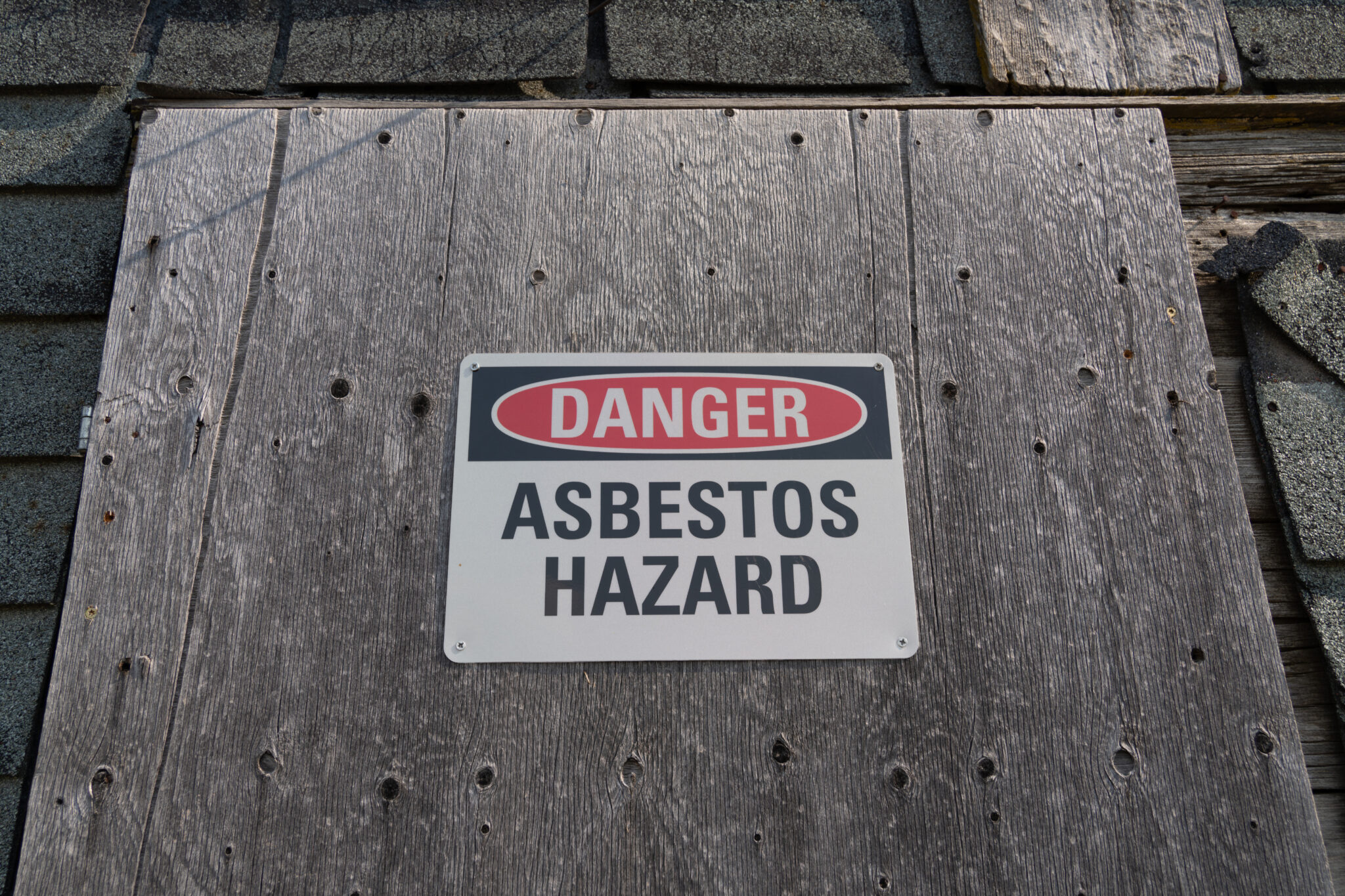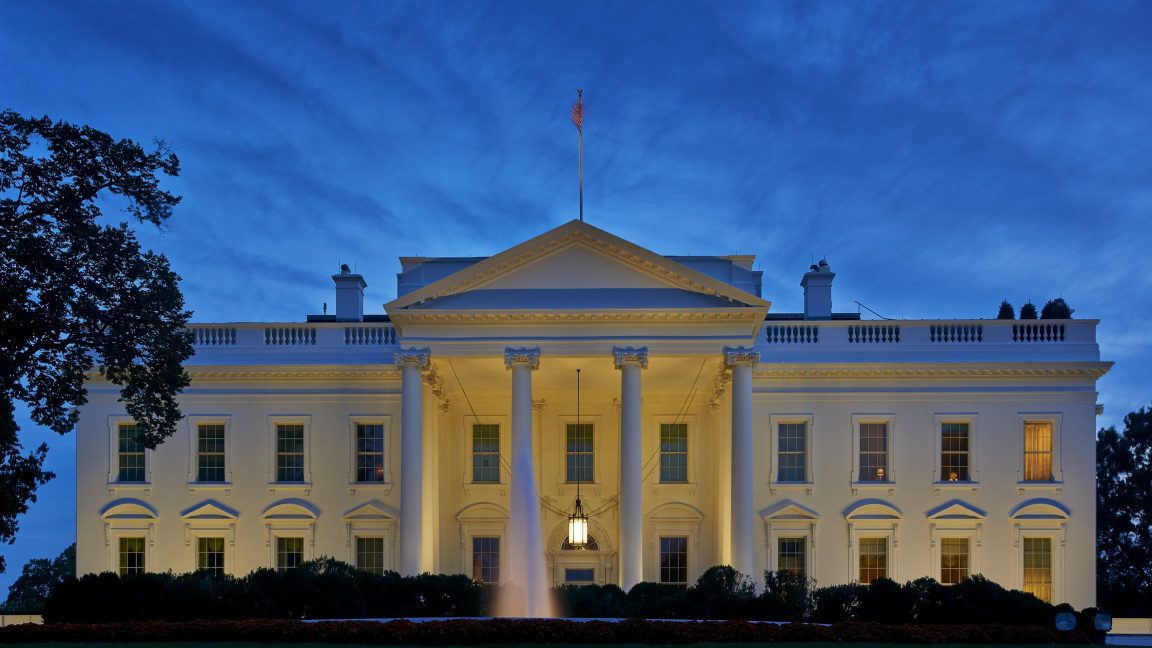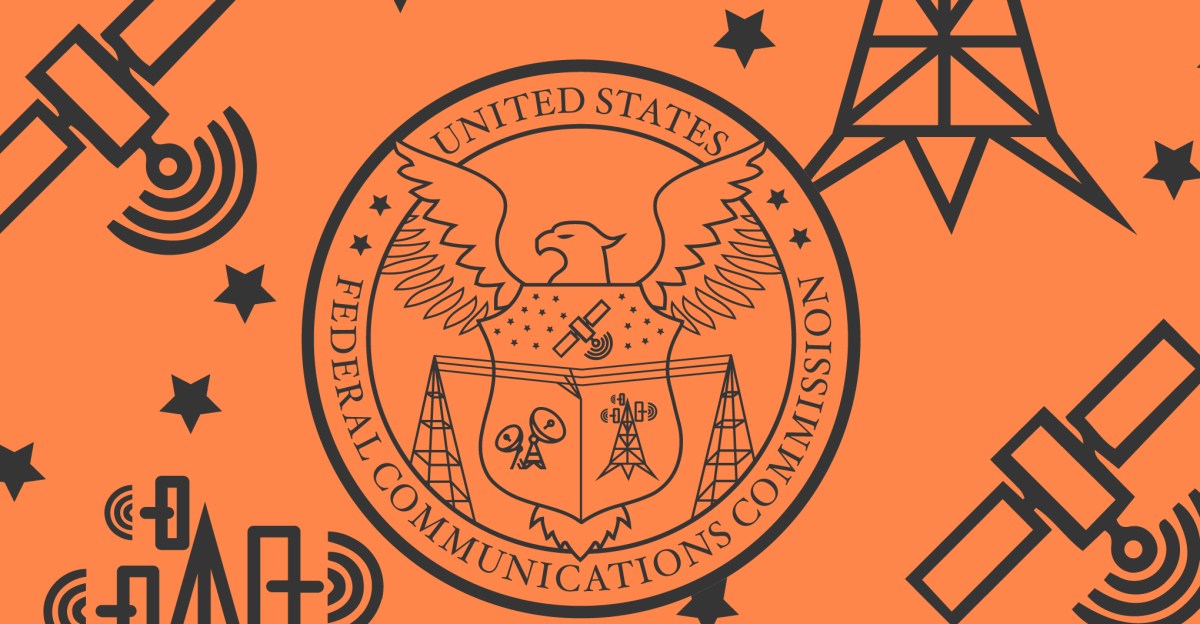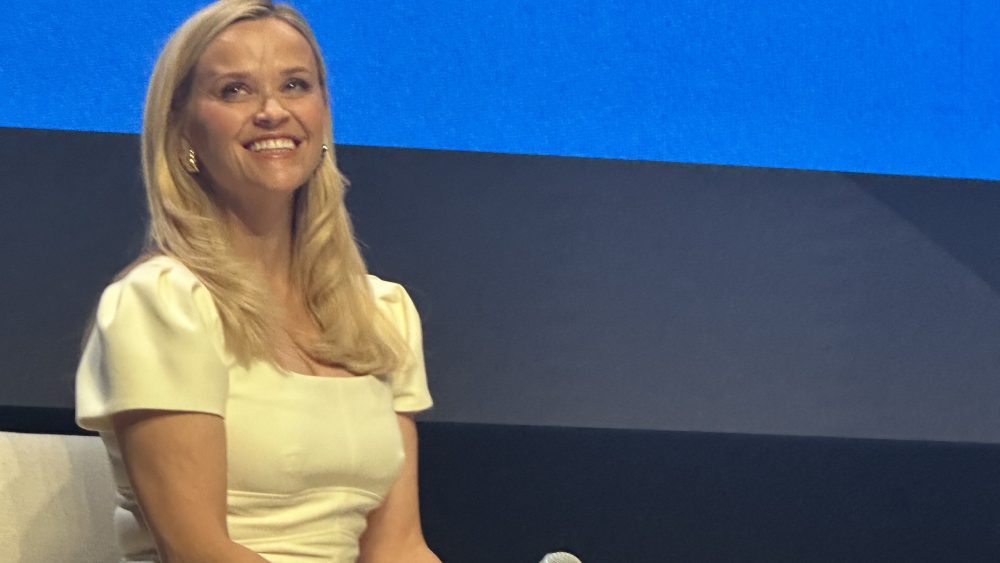
“It is our sincere belief that the current social media landscape makes it far too easy for bad actors to promote false claims, hatred and dangerous conspiracies online, and some large social media companies are not able or willing to regulate this hate speech themselves,” the letter said.
Although the letter acknowledged that X was not the only platform targeted by the law, the lawmakers further noted that Musk taking over Twitter spiked hateful and harmful content on the platform. They said it seemed “clear to us that X needs to provide greater transparency for their moderation policies and we believe that our law, as written, will do that.”
This clearly aggravated X. In their complaint, X alleged that the letter made it clear that New York’s law was “tainted by viewpoint discriminatory motives”—alleging that the lawmakers were biased against X and Musk.
X seeks injunction in New York
Just as X alleged in the California lawsuit, the social media company has claimed that the New York law forces X “to make politically charged disclosures about content moderation” in order to “generate public controversy about content moderation in a way that will pressure social media companies, such as X Corp., to restrict, limit, disfavor, or censor certain constitutionally protected content on X that the State dislikes,” X alleged.
“These forced disclosures violate the First Amendment” and the New York constitution, X alleged, and the content categories covered in the disclosures “were taken word-for-word” from California’s enjoined law.
X is arguing that New York has no compelling interest, or any legitimate interest at all, in applying “pressure” to govern social media platforms’ content moderation choices. Because X faces penalties up to $15,000 per day per violation, the company has asked for a jury to grant an injunction blocking enforcement of key provisions of the law.
“Deciding what content should appear on a social media platform is a question that engenders considerable debate among reasonable people about where to draw the correct proverbial line,” X’s complaint said. “This is not a role that the government may play.”















Leave a Reply